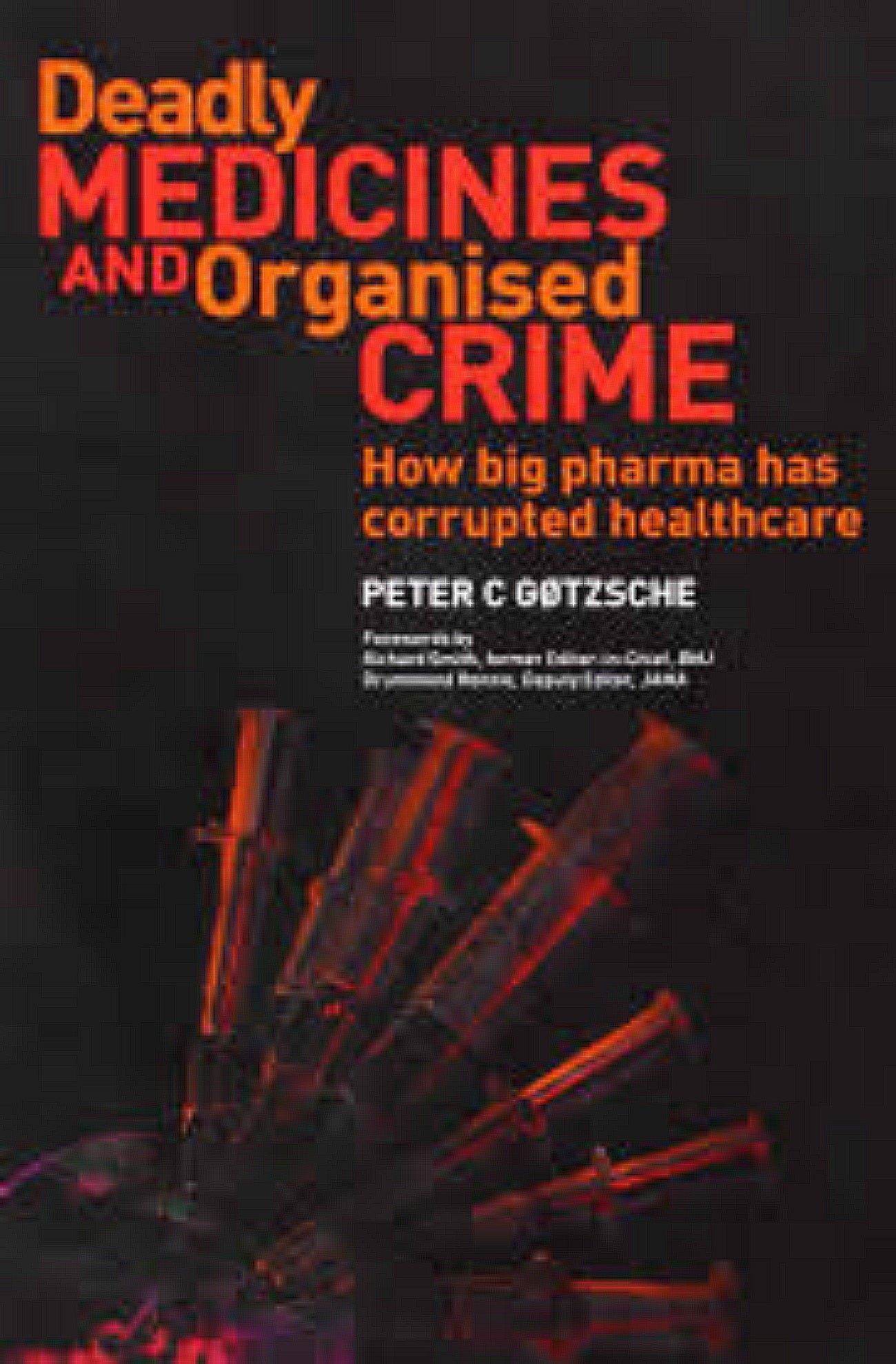
None of it makes any sense. The streets are spookily quiet. The economy has been killed stone dead. People are being fined for going about their normal lives, even for being outside their homes without good reason. Those who are self-isolating in their holiday homes are being ordered to go back to their homes in crowded cities. Potential friends have become potential enemies. The society has turned sour in an instant.
As the consequences of the government’s needless overkill sinks in, including banning groups of more than two people, printing money and the massive expenditure of more than $300 billion in an already weak economy, submission will shift to silent protest straight to scenes never before witnessed in Australia, a conflagration between the people and the authorities.
On the available evidence, that is an easy prediction to make.
Millions are being thrown onto the dole queues in Australia.
In total contrast, life in Sweden goes on as normal.
You have to ask why.
A Sense of Place Magazine recently published a piece by Emeritus Professor Ramesh Thakur of the Australian National University querying the consequences of the government’s panicked response to Covid-19.
Far from being an outlier, Professor Thakur is only one of many leading experts around the world asking why governments are seizing on Covid-19 to unleash authoritarian measures on their own people.
Below we look at the views of a number of the world’s most prominent experts and what they have to say.
Germany has introduced many of the same draconian lockdowns as Australia.
Sucharit Bhakdi, Professor Emeritus of Medical Microbiology at the Johannes Gutenberg University Mainz, one of the most cited research scientists in Germany, wrote an open letter to German Chancellor Angela Merkel calling for an urgent reassessment of her response to Covid-19. He warns that government measures are leading to self-destruction and collective suicide based on nothing but a spook. He describes the German government’s response as grotesque, absurd and dangerous.
The reason for my concern lies above all in the truly unforeseeable socio-economic consequences of the drastic containment measures which are currently being applied in large parts of Europe and which are also already being practiced on a large scale in Germany.A number of coronaviruses have been circulating for a long time — largely unnoticed by the media. If it should turn out that the COVID-19 virus should not be ascribed a significantly higher risk potential than the already circulating corona viruses, all countermeasures would obviously become unnecessary. Preliminary results … can already be seen today and lead to the conclusion that the new virus is NOT different from traditional corona viruses in terms of dangerousness.It is therefore reasonable to suspect that the virus has already spread unnoticed in the healthy population. This would have two consequences: firstly, it would mean that the official death rate is too high; and secondly, it would mean that it would hardly be possible to prevent the virus from spreading in the healthy population.
Dr Joel Kettner, Professor of Community Health Sciences and Surgery at Manitoba University and Medical Director of the International Centre for Infectious Diseases, says:
I’ve seen pandemics, one every year. It is called influenza, and other respiratory illness viruses. I’ve never seen this reaction, and I’m trying to understand why.Patients who have been tested for SARS-CoV-2 are disproportionately those with severe symptoms and bad outcomes. As most health systems have limited testing capacity, selection bias may even worsen in the near future. The one situation where an entire, closed population was tested was the Diamond Princess cruise ship and its quarantine passengers. The case fatality rate there was 1.0%, but this was a largely elderly population, in which the death rate from Covid-19 is much higher.Could the Covid-19 case fatality rate be that low? No, some say, pointing to the high rate in elderly people. However, even some so-called mild or common-cold-type coronaviruses that have been known for decades can have case fatality rates as high as 8% when they infect elderly people in nursing homes.If we had not known about a new virus out there, and had not checked individuals with PCR tests, the number of total deaths due to “influenza-like illness” would not seem unusual this year. At most, we might have casually noted that flu this season seems to be a bit worse than average.”
Michael T. Osterholm is Director of the Center for Infectious Disease Research and Policy at the University of Minnesota.
In a piece titled Facing Covid-19 Reality: A National Lockdown Is No Cure, published in The Washington Post he argues:
Consider the effect of shutting down offices, schools, transportation systems, , restaurants, hotels, stores, theaters, concert halls, sporting events and other venues indefinitely and leaving all of their workers unemployed and on the public dole. The likely result would be not just a depression but a complete economic breakdown, with countless permanently lost jobs, long before a vaccine is ready or natural immunity takes hold.The best alternative will probably entail letting those at low risk for serious disease continue to work, keep business and manufacturing operating, and “run” society, while at the same time advising higher-risk individuals to protect themselves through physical distancing and ramping up our health-care capacity as aggressively as possible. With this battle plan, we could gradually build up immunity without destroying the financial structure on which our lives are based.
Dr Peter Goetzsche is Professor of Clinical Research Design and Analysis at the University of Copenhagen and founder of the Cochrane Medical Collaboration, has written several books on corruption in the field of medicine and the power of big pharmaceutical companies.

Of Covid-19 Gotzsche writes that there has been an epidemic of mass panic and the lockdowns are “a dream scenario for any ruler with dictatorship tendencies; all democratic demonstrations are unlawful.”
Our main problem is that no one will ever get in trouble for measures that are too draconian. They will only get in trouble if they do too little. So, our politicians and those working with public health do much more than they should do.No such draconian measures were applied during the 2009 influenza pandemic, and they obviously cannot be applied every winter, which is all year round, as it is always winter somewhere. We cannot close down the whole world permanently.The harms include suicides that go up in times of unemployment, and when people’s businesses built up carefully over many years lie in ruins, they might kill themselves. The panic is also killing life itself.Should it turn out that the epidemic wanes before long, there will be a queue of people wanting to take credit for this. And we can be damned sure draconian measures will be applied again next time.But remember the joke about tigers. “Why do you blow the horn?” “To keep the tigers away.” “But there are no tigers here.”“There you see!”
While in Australia the mainstream media is heavily manipulated by the government, independent commentators have turned sharply on the government.
Seasoned journalist Geoffrey Luck writes in Quadrant Online that Covid-19 has brought out the Fuhrer Complex in far too many, especially police who, as one of Premier Dan Andrews’ officious officers was reported to have crowed after handing a $1600 fine to a teenage learner driver taking instruction from her mum, “We’re really smashing you guys today.”
All this, he argues, will make it very, very difficult to return to normality.
Why should Australians be content to be told merely that decisions which bankrupt their businesses, throw hundreds of thousands out of work, shut down all social life, criminalise petty transgressions and incur a vast national debt are “based on the best medical advice?”Australians are being taken for a ride by well-meaning but blinkered bureaucratic experts and subservient politicians. How can the curtailment of human rights and freedoms be justified? Where is the Marc Antony we need to remind us that we are not “men of wood” and call for the very stones to rise and mutiny?
As one of Australia’s most beloved writers Richard Flanagan said in a National Press Club address:
Holderlin, the great 19th century poet, wrote of the “mysterious yearning toward the chasm” that can overtake nations. Increasingly, one can sense that yearning in the overly heated rhetoric of some Australian politicians and commentators. That yearning can overtake Australia as easily as it has many other countries, damaging our democratic institutions, our freedoms and our values.
by the author.
WRITTEN BY





No comments:
Post a Comment